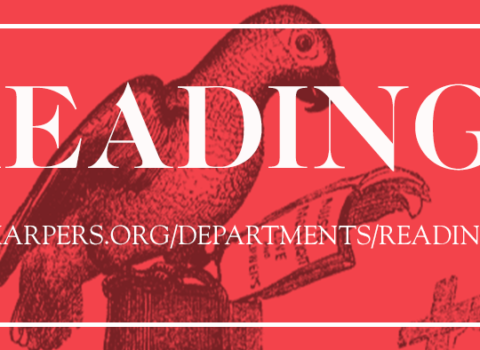From “The Anti-Extinction Engine,” which appeared in the Winter 2020 issue of The Yale Review.
In Good Morning Revolution—a volume of Langston Hughes’s contributions to revolutionary magazines—there is a small poem, “Johannesburg Mines,” about a big question:
In the Johannesburg mines
There are 240,000 natives working.What kind of poem
Would you make out of that?240,000 natives working
In the Johannesburg mines.
The poem does not sentimentalize the suffering of the colonized workers in the name of politics and likewise does not aestheticize this suffering in the name of art. It also resolutely does not…




























































































